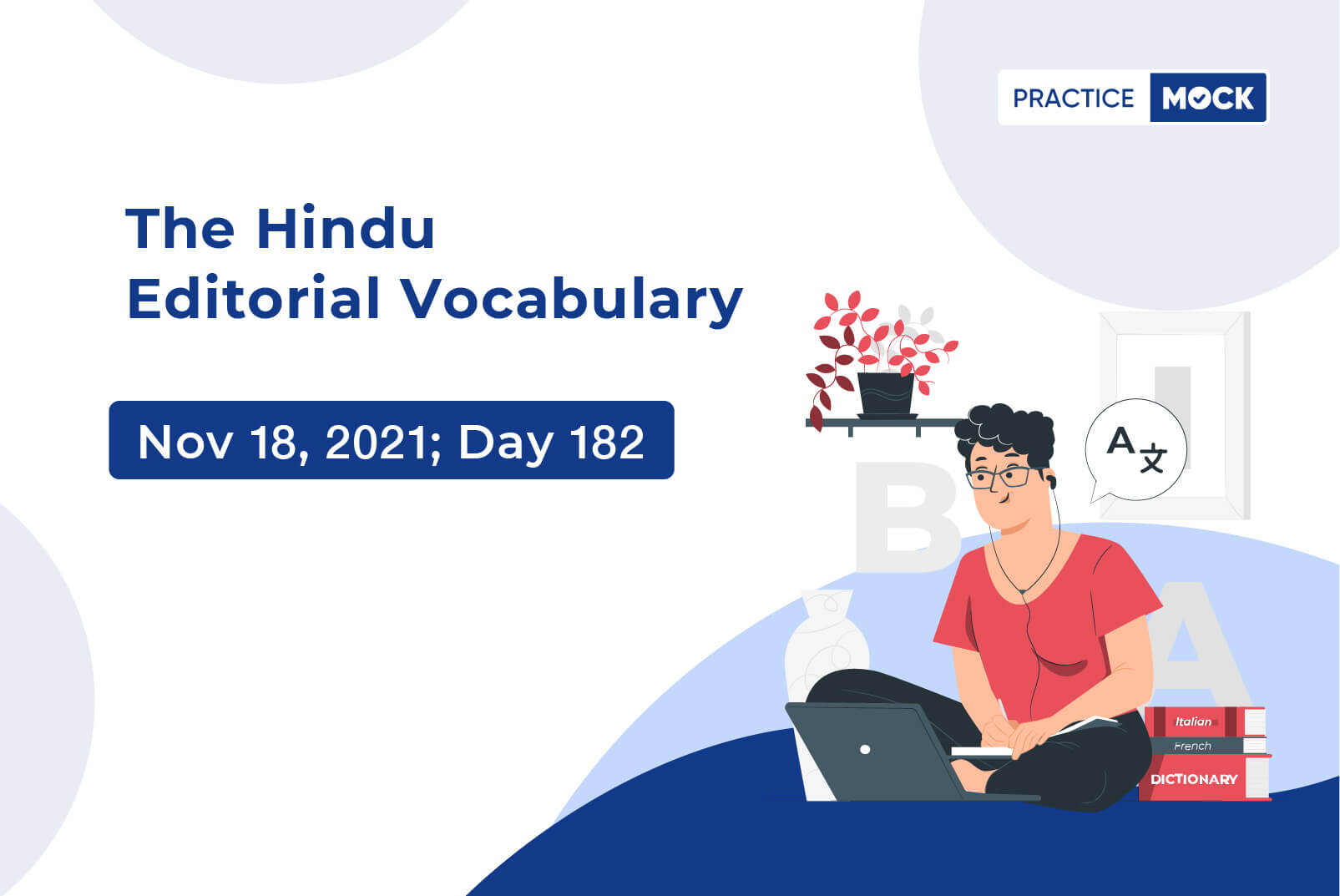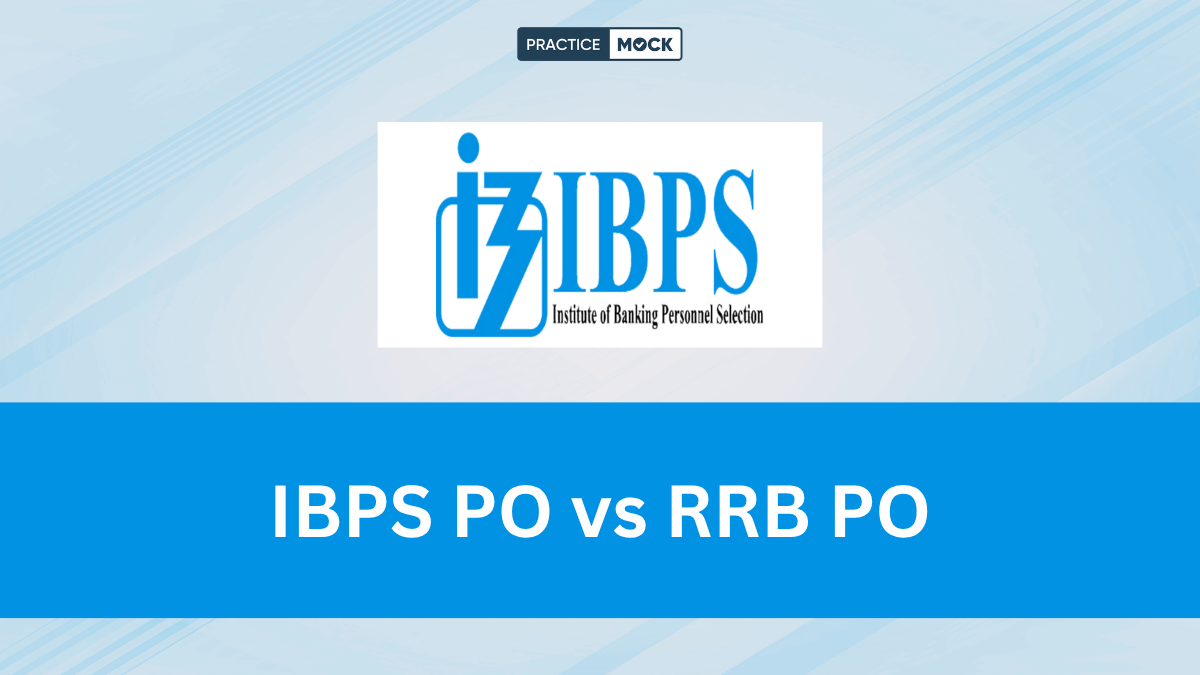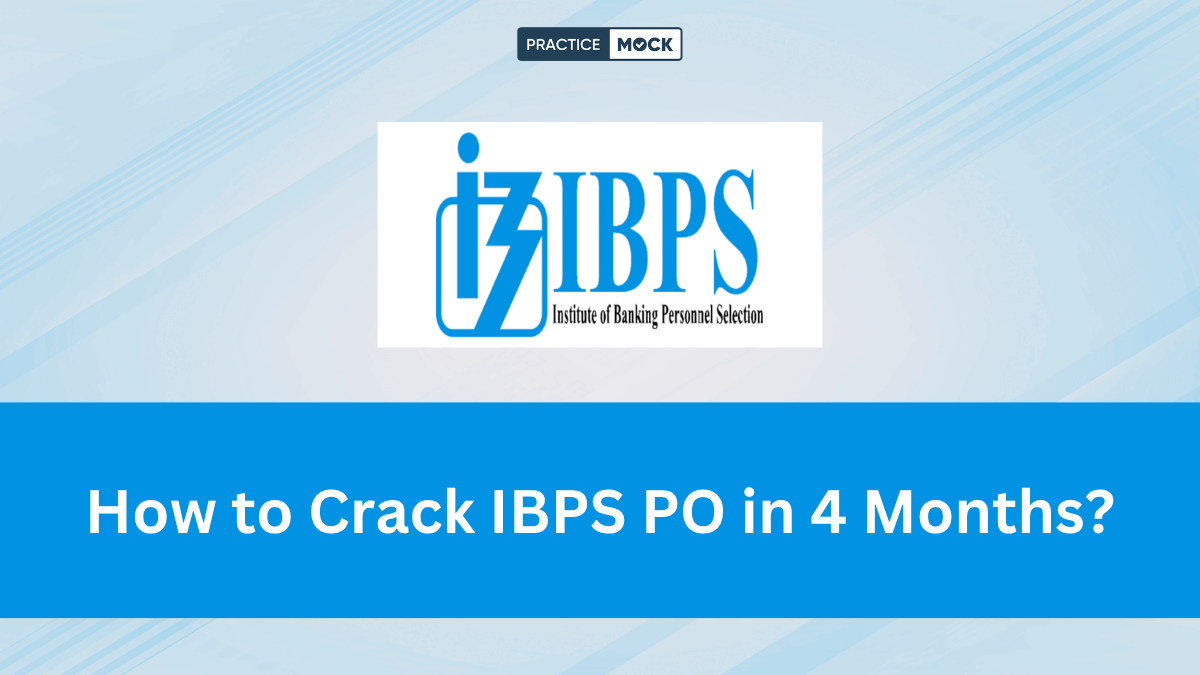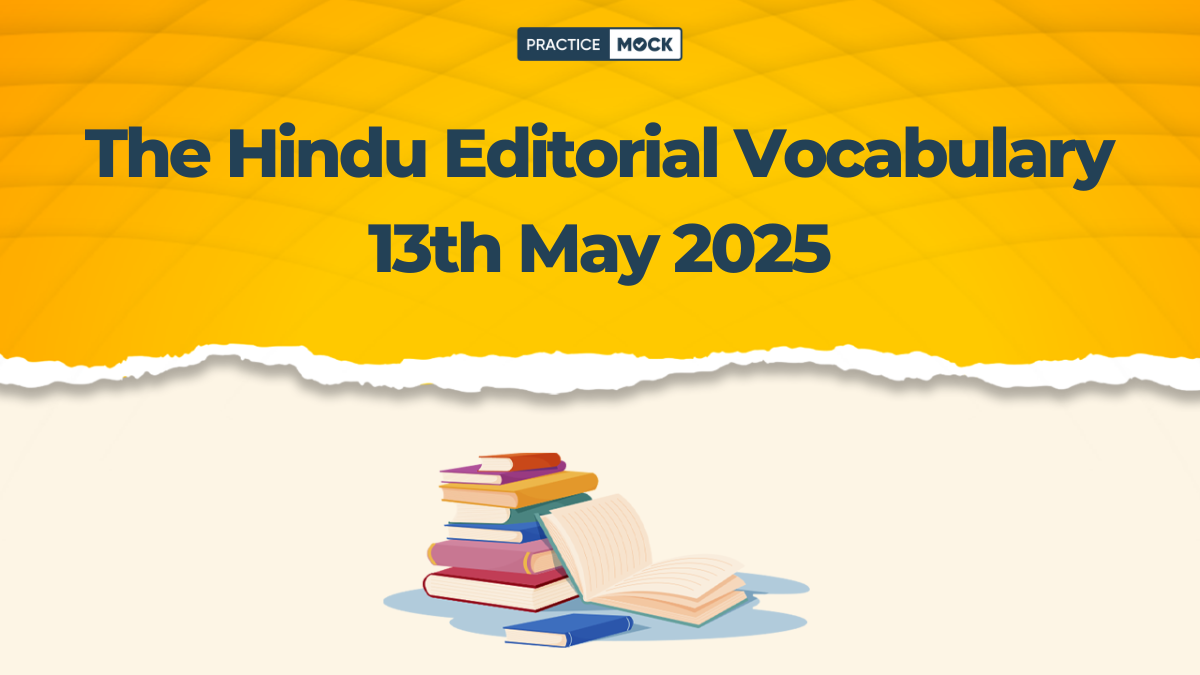

| Difficult Word/ Phrase | Contextual Sense |
| Collegium | a group in which each member has approximately equal power and authority |
| Bare | Make public |
| Opaqueness | difficult to understand or explain |
| Puisne | Inferior in rank |
| Incumbent | Currently holding an office |
| Obscure | not discovered or known about |
| Stern | Severe and unremitting in making demands |
| Stinging | (of speech) harsh in tone or character |
| Arbitrary | Based on or subject to individual discretion or preference or sometimes impulse or caprice |
| Dispel | Cause to separate and go in different directions |


Transfer as punishment: On the flawed collegium (a group in which each member has approximately equal power and authority) system
The judiciary’s flawed collegium system bares (Make public) its inherent weaknesses yet again
The most obvious aspect of the functioning of the collegium system of judicial appointments and transfers is its opaqueness (difficult to understand or explain). Decisions that have no explanation, or can only be explained in terms of one’s own perception about the functioning of the judge affected by it, have become quite common. In the latest instance, Chief Justice of the Madras High Court Sanjib Banerjee has been abruptly transferred to head the Meghalaya High Court, the second such instance of the head of a court with a sanctioned complement of 75 judges being asked to take over a court with a strength of four. In September 2019, Justice Vijaya K. Tahilramani resigned after being shifted from Madras to the Meghalaya High Court at a time when she was the country’s senior-most Chief Justice. That one High Court is as important and prestigious as another is not in dispute. And equally acceptable is the premise that the Chief Justice of India is justly empowered to transfer the head of any High Court in the interest of the “better administration of justice”. However, it is not clear why a senior puisne (Inferior in rank) judge in another High Court and due for elevation could not be accommodated there. High Court Chief Justices also play an important role in identifying judicial talent for appointments and streamlining administrative functions. It would be reasonable to expect that a serving Chief Justice is given a tenure long enough in a High Court to discharge these functions effectively. If a Chief Justice is not in line for an elevation to the Supreme Court, a legitimate question arises whether there was sufficient reason to transfer the incumbent (Currently holding an office).
In Justice Banerjee’s case, the transfer has come within 10 months of his assuming office, raising the question whether he was being punished for some obscure (not discovered or known about) reason. In the absence of any assigned reason, or even a known circumstance, there is bound to be speculation on whether his transfer has anything to do with his stern (Severe and unremitting in making demands) approach and stinging ((of speech) harsh in tone or character) oral observations while seeking accountability from the Government and other institutions. The Memorandum of Procedure for judicial appointments and transfers says a proposal to transfer a High Court judge can only be initiated by the CJI, “whose opinion in this regard is determinative”. In addition, the views of “one or more knowledgeable Supreme Court judges” are taken. These views are considered by the five-member Collegium. This system was put in place as a safeguard against arbitrary (Based on or subject to individual discretion or preference or sometimes impulse or caprice) transfers at the instance of the executive. However, recent developments suggest that it may not be enough to dispel (Cause to separate and go in different directions) the impression that a transfer is not exactly based on administrative needs or related to performance. Why any concern relating to a Chief Justice’s style of functioning or conduct should not have been quietly resolved by the CJI without resort to a drastic step such as transfer is not clear. Yet again, the flawed collegium system and its weaknesses are under adverse scrutiny.
Recent Posts
IBPS RRB Notification 2025 in June, PO & Clerk Exam Date Out, Check All Upcoming Events
The IBPS RRB Notification 2025 is expected to be released in June 2025. Candidates can…
IBPS RRB PO Prelims Mock Test Free 2025, Attempt Now!
Here we are providing the IBPS RRB PO Prelims Mock Test Free 2025. Candidates can…
UPSC Admit Card 2025 Out for Prelims, Get Direct Link
The UPSC has released the UPSC Admit Card 2025 for Prelims exam. In this blog,…
How to Crack RBI Grade B in First Attempt?
Aspirants preparing for RBI Grade B exam. Know the 10 tips to crack RBI 2025…
IBPS PO vs RRB PO, Which Exam is Easier to Crack?
IBPS PO or RRB PO? Compare difficulty, pattern, and job roles to choose the best…
How to Master Government Schemes for RBI Grade B Exam
Master government schemes effectively for the RBI Grade B exam with comprlete strategies, Important resources…


